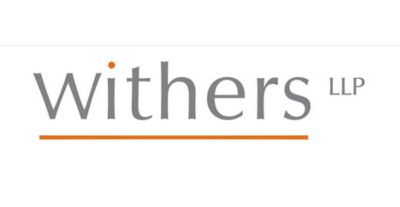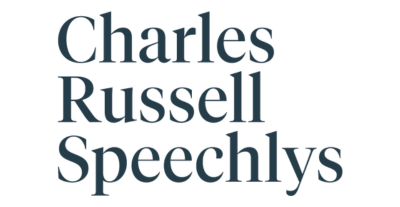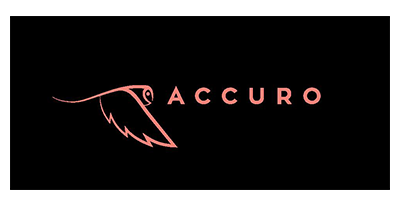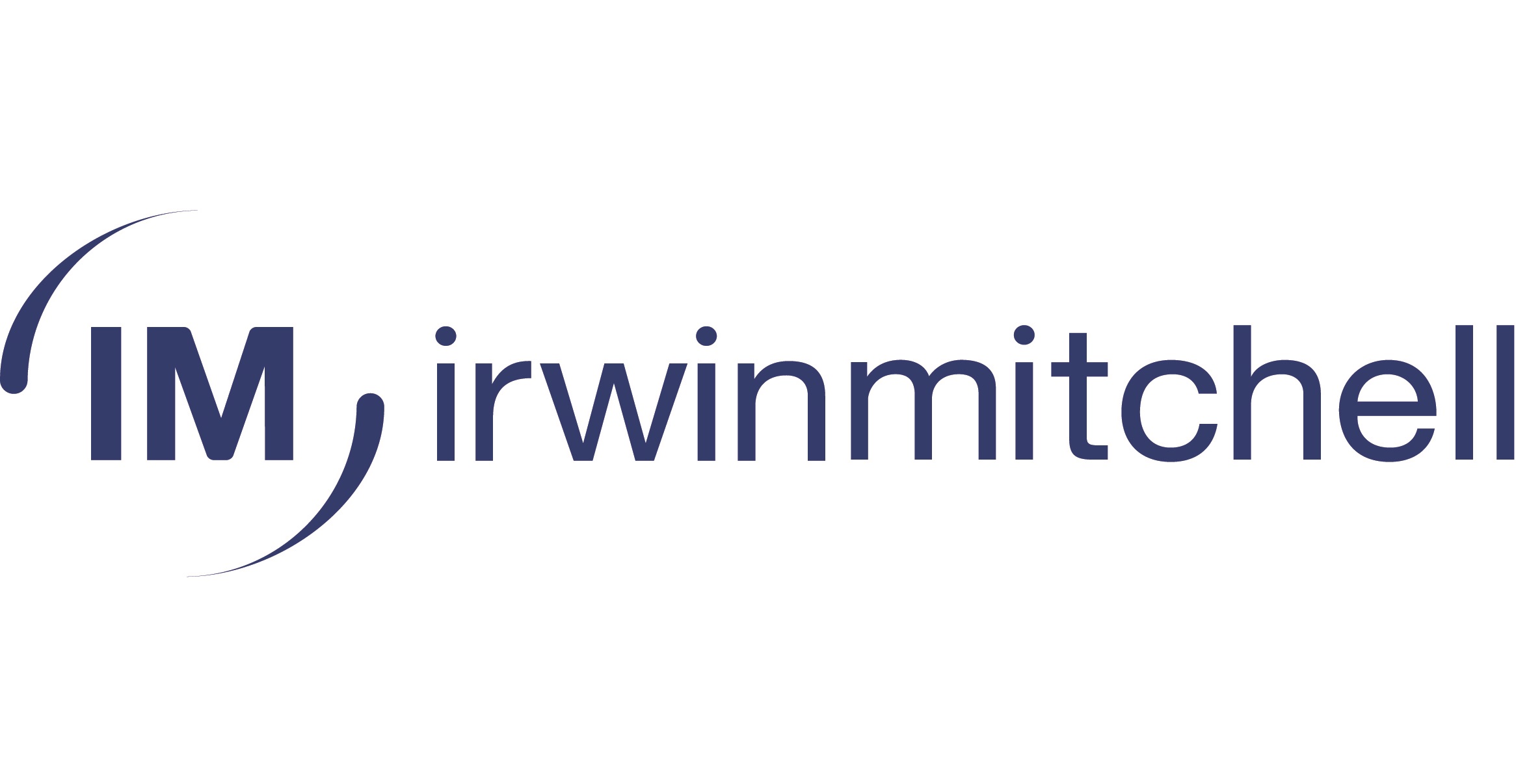Knowledge Hub
Join the Conversation!
Impartial and independent, ThoughtLeaders4 Private Client Knowledge Hub hosts cutting edge industry content and insight.
Email maddi@thoughtleaders4.com to submit content.
Private label funds – collective investment vehicles for HNWIs
Date: 15/07/2020 Type: Articles Topic: Private Client | Next Generation Wealth | Investment and HNWI’s |Collective investment vehicles are very familiar to high net worth investors (“HNWIs”) and their connected structures (trusts/family offices etc). In fact, many such HNWIs are key investors for new fund launches. Most such funds are put together by wealth managers looking to profit from the management of the fund. There is a key rule to bear in mind - all investors of the same class should be treated equally. The fact that one investor is wealthier or strategically more important to the manager does not in itself give such investor any priority – particularly in terms of redemption rights. Preferential treatment would need to be permitted via side letter or different classes of shares and can result in disputes between investors who each want to get the best deal!
Sizeable investors are therefore attracted by having their own fund vehicle- aka “the private label fund”. Many private banks are offering such a service to their wealthy clients. But what are the main advantages of this arrangement?
Firstly, the investor (or the selected group of investors) is isolated from other investors. The client can dictate all the terms. Subject to any local regulations[1], choice of manager (potentially a family member), removal of manager, investment mandate, fees, redemption rights, valuation details, information rights, service providers and others are all chosen by the investors.
Second, the use of a fund vehicle gives the client an additional layer to aid confidentiality and, if the fund is regulated, the consequence is that the underlying investment is being made by a regulated entity rather than one or more individuals. There may also be potential for tax deferral if gains are made / dividends are received to a fund vehicle in a suitable jurisdiction.
Third, where there is more than one investor there is a pooling of assets which can give advantages in terms of buying power / access to deals, negotiating strength, the enhanced value of larger aggregated holdings, streamlined due diligence and increased investment diversification.
Fourth, it is easier to allow family members in and out of the “family investments” if there is a consolidated fund and a valuation mechanism. If, for example, a sibling wishes to “go-it-alone” there should be a clear mechanism for this to happen. Either the fund can redeem their holding at agreed values or other investors buy their shares at an agreed value (insurance and borrowing may come into play to fund this). It may be possible to do this without breaking up certain investment positions. Without such pooling it would be necessary to buy/sell/ transfer a portion of each investment whenever such an event occurred. This also assists with disruptive events such as death or divorce where the economic impact can be concentrated into dealing with one holding in one jurisdiction (i.e. the fund). A word of warning, there may well be sound planning to have assets and structures in more than one jurisdiction and structure type so a private label fund ought not contain all of the family wealth.
Fifth, with such a structure, it is possible to allow family members / trustees exposure to investments but without any direct ownership or control of such investments. Limited partnership interests or non-voting shares are two such options. Control is retained in the hands of the general partner or voting shareholders. Succession planning and restricting participation to certain persons is often a key part of a private label fund and it is important that the advisers and service providers are able to offer such advice as well as fund-specific expertise.
Sixth, personalized fund structures can in certain instances be a springboard to setting up a family office and obtaining residence for family members in a particular jurisdiction (see for example Singapore).
So what is required for such a private label fund to be set-up?
- Choice of jurisdiction. This will involve many factors – ease of establishment, cost, regulatory regime, tax etc. Recent developments affecting many offshore centres have resulted in more regulation and compliance for collective investment vehicles – particularly in respect of filings, audit and AML.
- Entity type. Company, trust, limited partnership, cell company, LLC etc. This will depend on jurisdiction, investor familiarity, cost etc.
- Terms. Who may invest? What will be done with the funds? How are valuations done and by whom? How can other family members invest or get out of the fund? Does there need to be pre-emption rights? Put and call? Drag and tag?
- Assets. What assets should be in the fund? In theory any asset can be placed in the fund. Notwithstanding the advantages certain assets may not be best suited to be pooled with others. Aircraft and ships for example may have liability issues and necessitate segregation. Works of art to which certain family members have a particular affinity are perhaps better off not being pooled! As mentioned above there may also be merit in a certain degree of diversification.
- Service providers. The private label fund will need legal, compliance, administration/valuation, custody, brokerage and audit. A decision will need to be made as to who will manage the assets and whether a management entity needs to be set up for the family.
Tailored fund vehicles can offer many advantages to HNW families but there is no “one-size-fits-all”. A corporate structure to organize family assets is often far more understood by wealthy families than traditional trust structures and more likely to be executed. It is crucial as with many such matters to get appropriate advice.
[1] Depending on the jurisdiction and the chosen structure there are likely to be several formalities that cannot be ignored.
Author
Richard Grasby – RDG Fiduciary Services
Our Private Client Corporate Partners
























